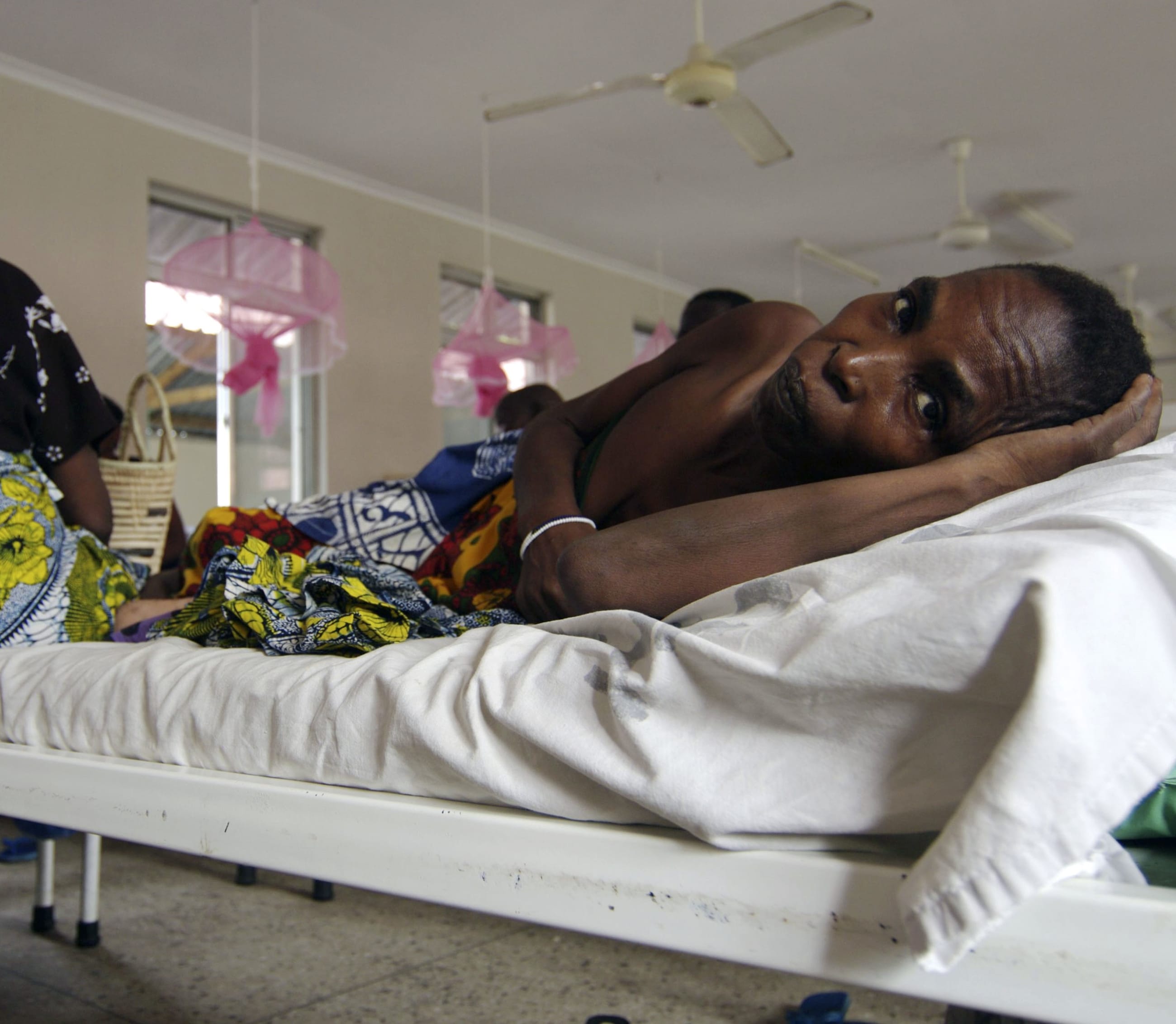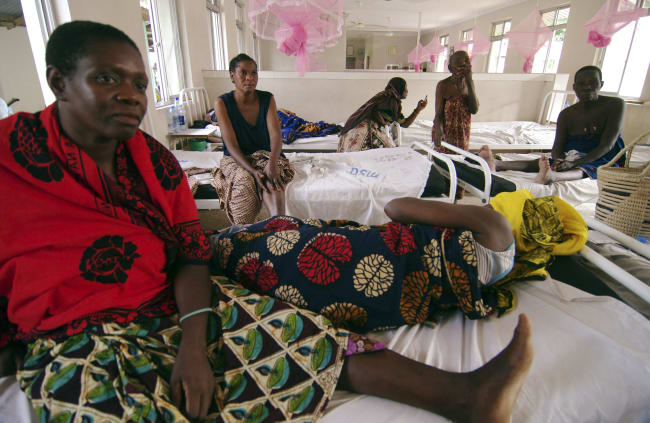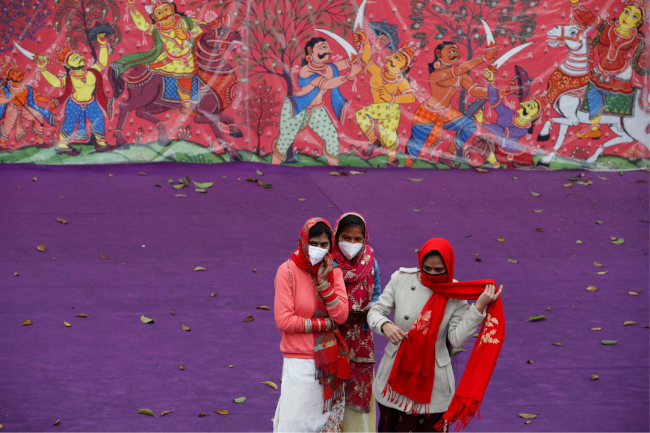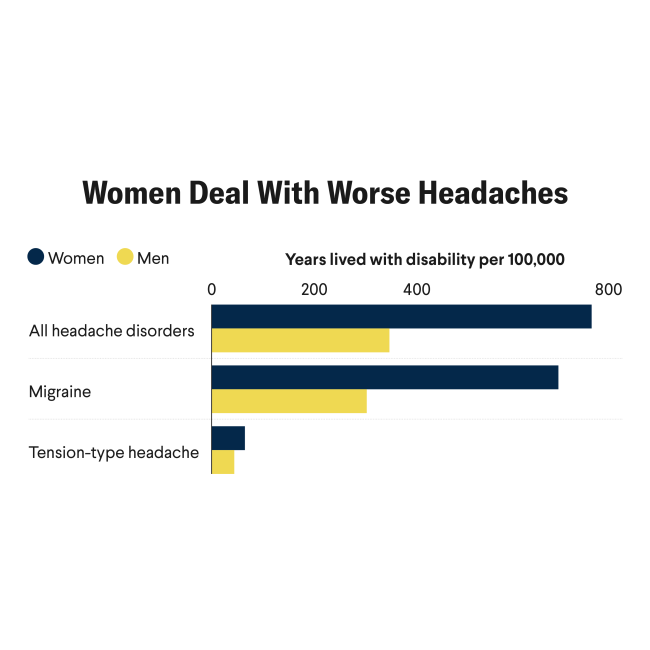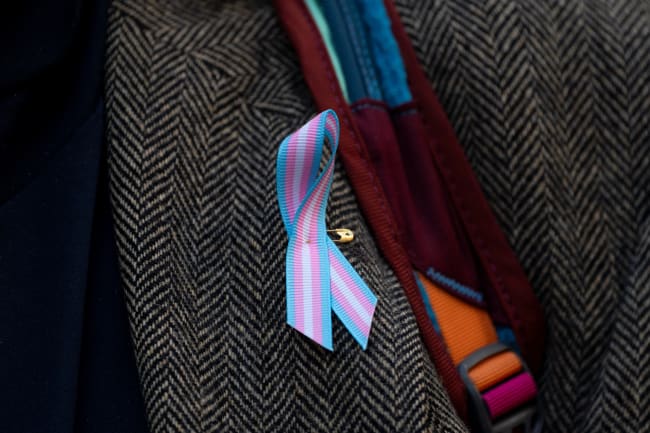Cuts to the U.S. Agency for International Development (USAID) will lead to a significant increase in cervical cancer deaths, endangering the lives of hundreds of thousands of young women globally.
USAID provided funding and support to the Gavi Alliance and U.S. President's Emergency Plan For AIDS Relief (PEPFAR) programs that have provided millions of cervical cancer screenings and human papillomavirus (HPV) vaccines annually.
Disrupting funding for these programs will cripple one of the most effective cancer prevention measures in modern science: the HPV vaccine. Cervical cancer claims the lives of one woman every two minutes, yet it is one of the few cancers that can be prevented with a vaccine. More than 90% of cervical cancers are caused by the human papillomavirus (HPV), and the HPV vaccine is more than 90% effective in preventing HPV-related cancers.
USAID program cuts will widen one of the largest cancer disparities in the world. As a cancer doctor in the United States, I rarely saw patients who had cervical cancer caused by HPV. But more than 84% of cervical cancer deaths occur in low- or middle-income countries (LMICs), where the majority of USAID-backed programs operated. One of USAID's initiatives to reduce the global burden of cervical cancer was its partnership with Gavi and the Global Fund to improve the efficiency of vaccine supply chains in LMICs. In 2023 alone, countries with Gavi support immunized 14 million girls against HPV [PDF]—more than the previous 10 years combined. These cuts are disrupting this momentum.
Cervical cancer claims the lives of one woman every two minutes
Even Republican-rooted programs are being dismantled. PEPFAR, created in 2003 under the George W. Bush administration, received a majority of its funding from USAID. The program works in countries with populations at high risk for HIV and is the largest commitment by a nation to tackle a single disease. Although the program is primarily known for working toward HIV epidemic control, it also provides cervical cancer screenings and HPV vaccines. This strategy is critical for oncology access because women with HIV are six times more likely to develop cervical cancer than those without HIV.
The Department of Government Efficiency (DOGE) has made cuts to USAID that have severed critical lifelines—including PEPFAR's—to combat this scourge of cervical cancer deaths.
The White House established DOGE to improve government efficiency by cutting unnecessary spending, but in the 2024 fiscal year, federally funded global health programs represented less than 0.1% of the federal budget. These funds are split between programs led by the State Department, the Centers for Disease Control and Prevention, the National Institute of Health, the Department of Defense, and USAID.
Although funding is divided among these agencies, in the 2023 fiscal year, USAID obligated and implemented the majority (73%) of bilateral assistance. Because about two-thirds of the agency's workforce is onsite, it could carry out these programs.

PEPFAR's influence has been monumental. Among PEPFAR-supported countries, HIV infections dropped 52% in 2023 over 2010, and at the same time, AIDS-related deaths fell 59%. The agency backed more than 342,000 health-care workers to provide HIV-related preventative and treatment services across 55 countries in 2024 alone.
Such an consequential and widespread program should not be cut for the sake of "government efficiency."
Even if some of these life-saving programs are able to continue, USAID implements the majority (60%) of PEPFAR services. Given that most USAID staff have been fired, put on administrative leave, or ordered to return to the United States, it is unclear how operations will continue. USAID needs people on the ground to support the implementation of these programs.
Avril Benoît, chief executive officer of Doctors Without Borders USA, stated in February that despite the waiver allowing PEPFAR to continue certain programs, teams in these countries were already witnessing people losing access to life-saving care. The foreign aid freeze has already closed many PEPFAR-funded clinics in South Africa, leaving people wondering where to receive their life-saving medication. Similar situations have arisen in Democratic Republic of Congo, Mozambique, and Zimbabwe.
The overall lack of understanding of USAID's global scope allows the Trump administration to sway opinion on the agency's importance. Echoing the White House factsheet slamming USAID, Press Secretary Karoline Leavitt told reporters that the agency spent $70,000 on a diversity, equity, and inclusion (DEI) musical in Ireland, and $47,000 on a transgender opera in Colombia, among other LGBTQ and DEI-related projects. These claims do not paint the full picture of the mentioned spending and ignore everything USAID does for millions of people through their global health programs.
Some consider global health foreign aid to be a form of U.S. soft power. Supporting the eradication of viral diseases and mitigating epidemics creates mutual interest, as we saw with global participation in fighting the COVID-19 pandemic. In the wake of that global threat, the State Department launched the Bureau of Global Health Security and Diplomacy, whose mission is to combat infectious diseases, including HIV/AIDS. Programs and agencies that are tackling diseases such as cervical cancer, HPV, and HIV/AIDS demonstrate America's goodwill to the rest of the world.
An isolationist approach to global health will do the opposite of what "America First" wants. It will harm America's standing in the world, both practically, by eroding the diplomatic strength that foreign aid provides, and morally, because these aid cuts are leading to lives lost, especially women and girls. Countries have human-made boundaries, but humanity does not.

